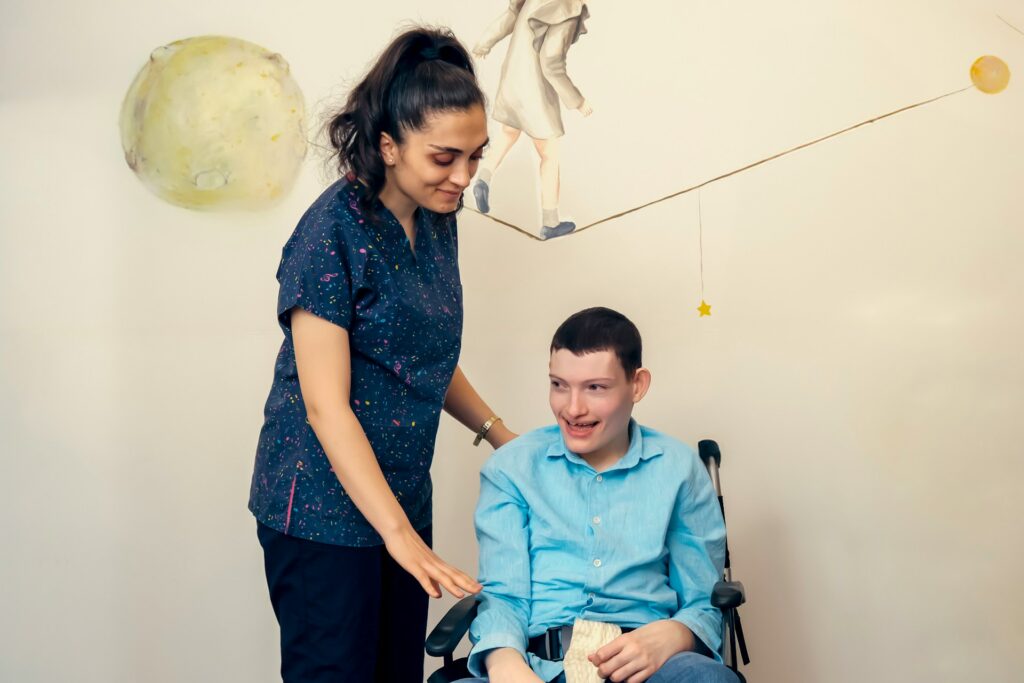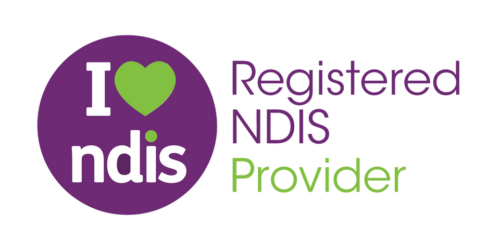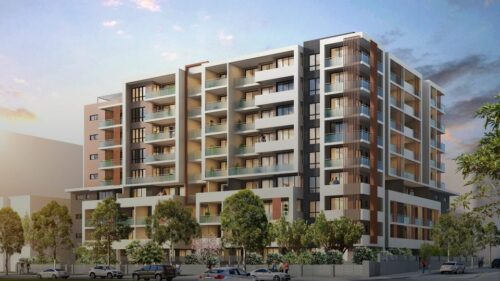
In today’s world, the focus on inclusivity and acceptance has never been more paramount. The National Disability Insurance Scheme (NDIS) is at the forefront of this movement, offering a range of supports to empower individuals with disabilities. One of the pivotal components of the NDIS is the Capacity Building Supports. But what exactly does this entail? Let’s delve deeper.
What are NDIS Capacity Building Supports?
The NDIS Capacity Building Supports is one of the three primary support budgets within the NDIS plan. Its primary objective is to assist individuals in building their skills and increasing their independence. This is achieved through a variety of programs and services tailored to the unique needs of each individual.
The Role of the National Disability Insurance Agency (NDIA)
The NDIA plays a crucial role in assessing the needs of individuals during planning or review meetings. This ensures that the supports provided are both reasonable and necessary. The goals listed in the NDIS plan are pivotal, as they guide the funding of supports that help individuals achieve independence and personal objectives.
Understanding the Three Types of NDIS Supports: Core, Capital, and Capacity Building
The NDIS offers three distinct types of supports:
- Core Supports – These are essential for everyday activities.
- Capital Supports – This category includes assistive technology, vehicle modifications, home modifications, and Specialist Disability Accommodation.
- Capacity Building Supports – These are designed to help individuals build their skills and enhance their independence.
The Importance of Local Area Coordinators and Support Coordinators
Local Area Coordinators and Support Coordinators play a pivotal role in organizing and implementing the NDIS plan. They ensure that individuals receive the best possible support tailored to their unique needs.
Detailed Overview of Capacity Building Support Categories
Support Coordination: Making the Most of Your NDIS Plan
Support coordination services can be claimed from the capacity building budget. These services are instrumental in organizing and implementing the NDIS plan, ensuring that individuals receive the support they need.
Improved Living Arrangements: Finding the Right Home
This funding assists individuals in finding suitable accommodation that promotes independent living.
Increased Social & Community Participation: Engaging with the World
This support focuses on skill-building and community access, ensuring that individuals can engage with their community and lead fulfilling lives.
Finding & Keeping a Job: Employment Supports
From job searches to on-the-job training, this funding provides comprehensive support to individuals seeking employment.
Improved Relationships: Building Connections and Communication
This category is dedicated to helping individuals build social skills and foster relationships within their community.
Improved Health & Wellbeing: Focusing on Physical Health
From personal training to dietetics, this funding covers a range of services aimed at promoting physical health.
Improved Learning: Transitioning to Higher Education
This support aids individuals in transitioning from school to further education, ensuring they have the resources they need to succeed.
Improved Life Choices: Navigating NDIS Plan Management
This funding covers plan management services, helping individuals make informed decisions about their NDIS plan.
Improved Daily Living: Enhancing Everyday Skills
This support is designed to enhance independence in daily tasks, from therapies to programs
Capacity Building Supports in the New NDIS Structure
With the transition from the three distinct budgets to the Fixed and Flexible Budgets system, the way Capacity Building Supports are provided has also evolved. Here’s a detailed look at how these supports are structured and accessed under the new system:
Integration into Fixed and Flexible Budgets
- Fixed Budgets: The NDIS may include essential capacity building supports for a participant within the Fixed Budget. These often focus on long-term skill development or therapies identified as crucial during the planning process. The allocated funds cannot be used for other purposes since these supports are fixed.
- Flexible Budgets: Many Capacity Building Supports will fall under the Flexible Budget, allowing participants to have more control over which capacity-building services they access and when. This flexibility ensures that participants can adjust their supports based on their evolving needs and priorities.
Accessing Capacity Building Supports
With the new system, participants can still access a wide range of Capacity Building Supports, such as:
- Support Coordination: Assistance in organising and implementing the NDIS plan.
- Improved Living Arrangements: Support in finding suitable accommodation for independent living.
- Increased Social & Community Participation: Programs focused on skill-building and community engagement.
- Finding & Keeping a Job: Supports related to job search, training, and employment.
- Improved Relationships: Programs to enhance social skills and community relationships.
- Improved Health & Wellbeing: Services like personal training, exercise physiology, and dietetics.
- Improved Learning: Supports for transitioning from school to further education.
- Improved Life Choices: Guidance and assistance in navigating NDIS Plan Management.
- Improved Daily Living: Therapies and programs to enhance daily living skills.
Participant Empowerment
One of the main aims of the new NDIS budget structure is to empower participants. With the Flexible Budget, individuals can determine how much of their funding to allocate to Capacity Building Supports compared to other services. This means that if a participant feels they need more support in a specific area, like finding employment or engaging with their community, they can choose to dedicate a larger portion of their Flexible Budget towards those goals.
Continuous Review and Adaptation
It’s essential to note that the NDIS plans are reviewed regularly. During these reviews, the allocation of funds within the Fixed and Flexible Budgets can be reassessed based on the participant’s progress, changing needs, and goals. This ensures that the supports remain relevant and effective.
In essence, while the structure of the NDIS budgets has changed, the commitment to providing comprehensive Capacity Building Supports remains unwavering. The new system aims to offer participants more autonomy and flexibility, ensuring they receive the supports they need to achieve their goals and lead fulfilling lives.
***
FAQs on the NDIS Capability Building Supports
1. Where do capacity building supports fit in the new NDIS budget system?
While the terminology and budget structure have changed, Capacity Building Supports remain a core element of the NDIS. They are now integrated into the Fixed and Flexible Budgets, giving participants ongoing access to the support they need to develop skills and gain independence.
2. How can I use my capacity building supports?
Capacity building supports are designed to help you develop skills and maintain independence. They cover a variety of services and programmes tailored to improve your ability to actively participate in the community and reach your goals.
3. What’s the difference between core supports and capacity building supports?
Core supports are for essential daily living activities. Capacity building supports focus on developing your skills and independence, helping you achieve specific goals and aspirations.
4. Can I use core support funds for capacity building?
Generally, funds for core supports are intended for everyday needs and can’t be used for capacity building. Each budget category has specific guidelines for how the funds can be spent.
5. What does capacity building mean in the context of disability?
For people with disabilities, capacity building means accessing supports and services that help them develop skills, increase their independence, and enhance their ability to participate fully in their communities. The focus is on empowering individuals to achieve their goals.






 James
James 

